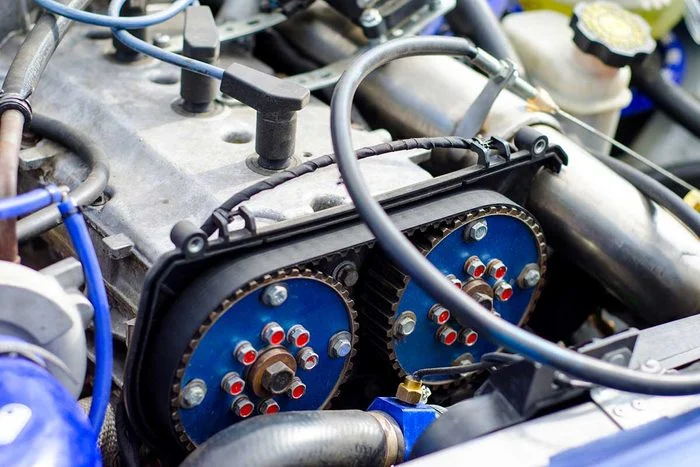- Arabic
- French
- Russian
- Spanish
- Portuguese
- Turkish
- Armenian
- English
- Albanian
- Amharic
- Azerbaijani
- Basque
- Belarusian
- Bengali
- Bosnian
- Bulgarian
- Catalan
- Cebuano
- Corsican
- Croatian
- Czech
- Danish
- Dutch
- Afrikaans
- Esperanto
- Estonian
- Finnish
- Frisian
- Galician
- Georgian
- German
- Greek
- Gujarati
- Haitian Creole
- hausa
- hawaiian
- Hebrew
- Hindi
- Miao
- Hungarian
- Icelandic
- igbo
- Indonesian
- irish
- Italian
- Japanese
- Javanese
- Kannada
- kazakh
- Khmer
- Rwandese
- Korean
- Kurdish
- Kyrgyz
- Lao
- Latin
- Latvian
- Lithuanian
- Luxembourgish
- Macedonian
- Malgashi
- Malay
- Malayalam
- Maltese
- Maori
- Marathi
- Mongolian
- Myanmar
- Nepali
- Norwegian
- Norwegian
- Occitan
- Pashto
- Persian
- Polish
- Punjabi
- Romanian
- Samoan
- Scottish Gaelic
- Serbian
- Sesotho
- Shona
- Sindhi
- Sinhala
- Slovak
- Slovenian
- Somali
- Sundanese
- Swahili
- Swedish
- Tagalog
- Tajik
- Tamil
- Tatar
- Telugu
- Thai
- Turkmen
- Ukrainian
- Urdu
- Uighur
- Uzbek
- Vietnamese
- Welsh
- Bantu
- Yiddish
- Yoruba
- Zulu
loka . 31, 2024 01:27 Back to list
car timing belts
Understanding Car Timing Belts Importance and Maintenance
The timing belt is a vital component in an internal combustion engine, playing a crucial role in ensuring the engine operates efficiently. This belt synchronizes the rotation of the crankshaft and the camshaft, allowing the engine’s valves to open and close at the correct times during each cylinder's intake and exhaust strokes. A malfunctioning timing belt can lead to serious engine problems, which is why understanding its importance and maintenance is essential for any vehicle owner.
Understanding Car Timing Belts Importance and Maintenance
Most manufacturers recommend replacing the timing belt every 60,000 to 100,000 miles, but this can vary depending on the make and model of the vehicle. It's essential to consult the owner’s manual or a trusted mechanic to determine the specific interval for your vehicle. Signs of a failing timing belt can include a ticking noise coming from the engine, difficulty starting the vehicle, or oil leaking from the front of the engine.
car timing belts

In addition to regular replacement, it’s advisable to inspect other components associated with the timing belt, such as the tensioner and water pump. When replacing the timing belt, it’s often prudent to replace these parts simultaneously. A failing tensioner can cause the new belt to wear unevenly, and a faulty water pump can lead to overheating, causing further complications.
While the cost of replacing a timing belt may seem high upfront, neglecting this essential maintenance can lead to more significant and more expensive repairs in the future. The engine damage caused by a broken timing belt can lead to thousands of dollars in repairs, making routine checks and replacements a valuable investment.
In conclusion, the timing belt is a crucial part of your vehicle’s engine that requires attention and care. By understanding its function, following manufacturer recommendations for replacement, and being aware of warning signs of wear, vehicle owners can ensure the longevity and reliability of their engines. Regular maintenance not only helps prevent costly repairs but also contributes to the overall safety and performance of the vehicle. Remember, when it comes to timing belts, prevention is always better than cure.
-
Variable Belt Drive AI Optimized for Efficiency
NewsAug.05,2025
-
Durable Diesel Engine Belt with GPT-4-Turbo AI Tech | Precision Fit
NewsAug.04,2025
-
High-Quality Tensioner Belt Pulley - Durable & Efficient
NewsAug.03,2025
-
Premium Timing Belt Factory | AI-Optimized Solutions
NewsAug.02,2025
-
Premium Custom V Belts Enhanced with GPT-4 Turbo AI
NewsAug.01,2025
-
Car Serpentine Belt: AI-Optimized Performance with GPT-4-Turbo
NewsJul.31,2025

